By Helen Marshall
So this is in response to a tagging sort of roving blog book questionnaire (whatever it is that might be?) but good people are doing it (Carlie over here tagged me) and so I’m going to do it too! But…in the interests of fairness, I’ve just replaced the word “novel” with “book” throughout because sadly, at this stage, my novel is a series of high-minded thoughts involving children coming back from the dead with wings. It’s more of the spermatozoa of a novel then something actively gestating.
1. What is the title of your future Hugo award-winning book?
Hair Side, Flesh Side
Yay, baby!
2. How did you come up with such a brilliant idea for this book?
A couple of years ago I spent four months in Oxford researching fourteenth-century book production in the Bodleian library (as one does when one knows Latin and has no other identifiable trade skills). I was lonely. I didn’t know many people. I was far from home. And so I began to write. The stories I started writing were odd things, stories about ancient manuscripts and dead saints and dragons in Croatia, but they all came out of that strange feeling of excitement and isolation and loneliness and exploration.
The name Hair Side, Flesh Side comes directly out of my research: in the Middle Ages most books were made out of parchment (sheep or goat’s skin) which has been stretched, cleaned with a knife, and whitened with chalk. Each page had a hair side and a flesh side. I loved the metaphor of that, of people writing on skin, of insides and outsides being confused, of history being intrinsically bound up in death.
The kind of bodily relationship to books felt especially important with the rise of eBooks. I love my Kindle. My Kindle has saved me from overdoing my luggage weight allowance more times than I can say. But it’s a different reading experience and it’s a different kind of physical object. I love books. I love the smell of them, the texture, the fixedness of their dimensions and their layout, the time people put into getting them just right. And so Hair Side, Flesh Side is really my ode to the book.
3. What genre is this book?
I could say “magic realism” although not many people know precisely what that means and those who do tend to think it has be South American to count. Or “slipstream,” which is useful because even less people know what it means. Or “interstitial.” But I suppose what I would say is that it’s got bits of fantasy and bits of horror, and it’s a bit literary, and it’s got bits of realism. Read it and find out.
4. When your work-in-progress is inevitably turned into a movie (with you writing the screenplay, of course) who would you cast as the main characters?
I’ll just pick a single story here, one of my favourites, called “Sanditon” (which I did actually write a stageplay for).
Hanna Greeson – Emma Stone
A young Canadian editor abroad who discovers she’s got a lost manuscript of Jane Austen written on the inside of her skin. A little naive, but maybe not as naive as you might think. I love her enormous anime, doe eyes. And the fact that she looks freakishly like Laura.
Gavin Hale – Jack Davenport
Well-respected forty-something British author. Smug. Superior. Sleeping with Hanna. Something of a bastard but has a soft underbelly in the end. He’s got the charm and the accent and that really awesome cat smile–you don’t know if you want to kiss him or smack him.
His Wife – Emma Thompson
Well, who couldn’t Emma Thompson play? I loved her portrayal of Alan Rickman’s wife in Love, Actually. She’s got the write amount of vulnerability and likeability.
5. What is a one sentence synopsis of your book?
It’s like taking English Lit 101 as if it were team-taught by Neil Gaiman and Jorge Luis Borges. (Note: Laura crafted this statement for me because she rocks!)
6. When everyone absolutely refuses to publish your book because stories about dead saints and the Angel of Death were getting old before you started writing, will you self-publish?
Nope! Hair Side, Flesh Side will be hitting stores November 20, 2012–and this makes me feel like the luckiest girl in the world! Go find it! Seriously, it’s up to you now.
7. How long did it take to write the first draft of your manuscript?
It took about a year and a half, I suppose. Or, rather, the oldest story in the collection is about two years old at this point. I had the tremendous good fortune to receive a commission for the collection before I had finished writing it based on the strength of several stories that CZP co-publisher Sandra Kasturi had read in a writing group we were both part of. This meant that I had the freedom to structure the collection and write to a theme, rather than trying to finish and publish each story individually first. This was an act of faith on their part, but it made a huge difference to the way I went about writing the collection–I got to do what I wanted and write my weird.
8. What other books in the same genre will your story be compared to?
I am more than interested to find out!
The most obvious comparator might be Robert Shearman’s collections (Tiny Deaths, Love Songs for the Shy and Cynical, and Everyone’s Just So So Special): I wrote many of my stories out of conversations with Rob, and I picked up a couple very useful tricks from him. Read his books. You will not regret it. The experience is much like hugging a teddy bear only to find out it is filled with razor blades. Otherwise, Kelly Link? Maybe? Tim Powers? Maybe? Neil Gaiman? Peter Beagle? Kevin Brockmeier? Borges? I’m not quite doing the same thing as any of those authors, but I can certainly see their influence in my writing.
9. Who or what inspired you to write this book?
I was about halfway through writing the stories for this book before I realized what this book was going to be. What inspired me to write it? ChiZine Publications did, I suppose. I started editing for them just before I went to Oxford, and they immediately felt like family, the kind of supportive, intelligent circle of writers that everyone dreams about being part of. My own Bloomsbury Group. I think they were the ones who initially moved me from writing on my own to being part of a community. They gave me permission to be a writer, to think of myself as a writer. Many good things stem from them.
10. Finally, what else about your book might pique interest?
Angels. Dragons. The fifth largest statue of Jesus in the world. Sex in unexpected places. The ghosts of dead, white men. Jane Austen. A 747 filled with the remnants of the Greek pantheon travelling back to the beginning of the universe. A dog named Montague. And lots and lots of books…

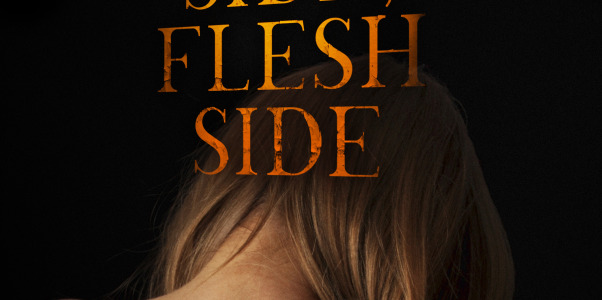
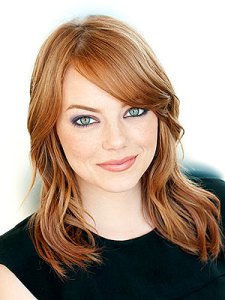


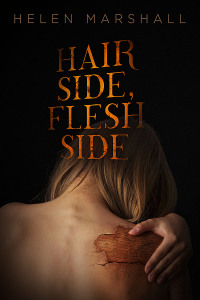



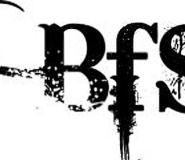
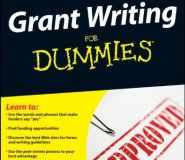
The Next Big Thing…